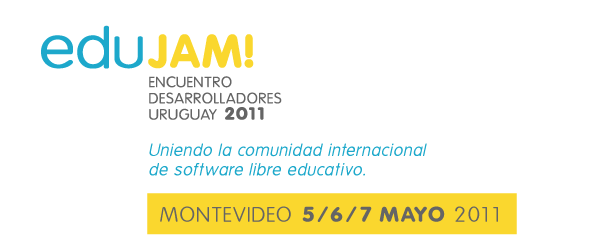What a great meeting of 14 minds on Friday, March 11 at 6PM at OLPC office, One Cambridge Center (right above the Kendall/MIT Red-Line Stop), facing OLPC’s most serious challenges.
Meeting agenda:
- eBooks on Sugar Realities (New Read 89)
- olpcMAP Jams: Los Angeles, Philippines, and each OLPC/Sugar CITY that will follow in March/April (Paris, then French Africa, etc!)
- West Somerville eToys training by Solution Grove
- Uruguay Summit May 5-7
- Intel/Computer Clubhouse’s new global mentoring network (“starting soon right here in townâ€)
One of the topics was about using eToys or Scratch to engage older kids and/or adults with programming. Nick Doiron summarized some ideas on this topic for the group:
There are a lot of ideas out there about how to do intro-to-programming and I like what people have done with eToys at the primary school level (if you haven’t seen Waveplace’s experiences in Haiti, read about them online! )
As you target middle school level students or above, they’re interested in the internet and media. Some are interested in technical details – ask any programmer you know when they started. You can make a high school kid an expert in eToys, but they won’t be any closer to making their own website or Space Invaders game. If you would give someone a power tool in shop class, you should give them a real programming language on the computer.
Mozilla’s Hackasaurus program is designed for learning HTML at this level. Two amazing workshops in the past month:
http://spotlight.macfound.org/featured-stories/entry/at-hackasaurus-jam-mozilla-encourages-young-programmers-to-change-the-web/and http://brettgaylor.tumblr.com/post/3526122151/web-made-movies-at-bavcThey have information about setting up your own workshop at hackasaurus.org. Also, check out http://palpable-video.appspot.com/sample
This meeting had tremendous value for all participants as it presented an opportunity to connect to people who are interested in similar edu-tech ideas.



